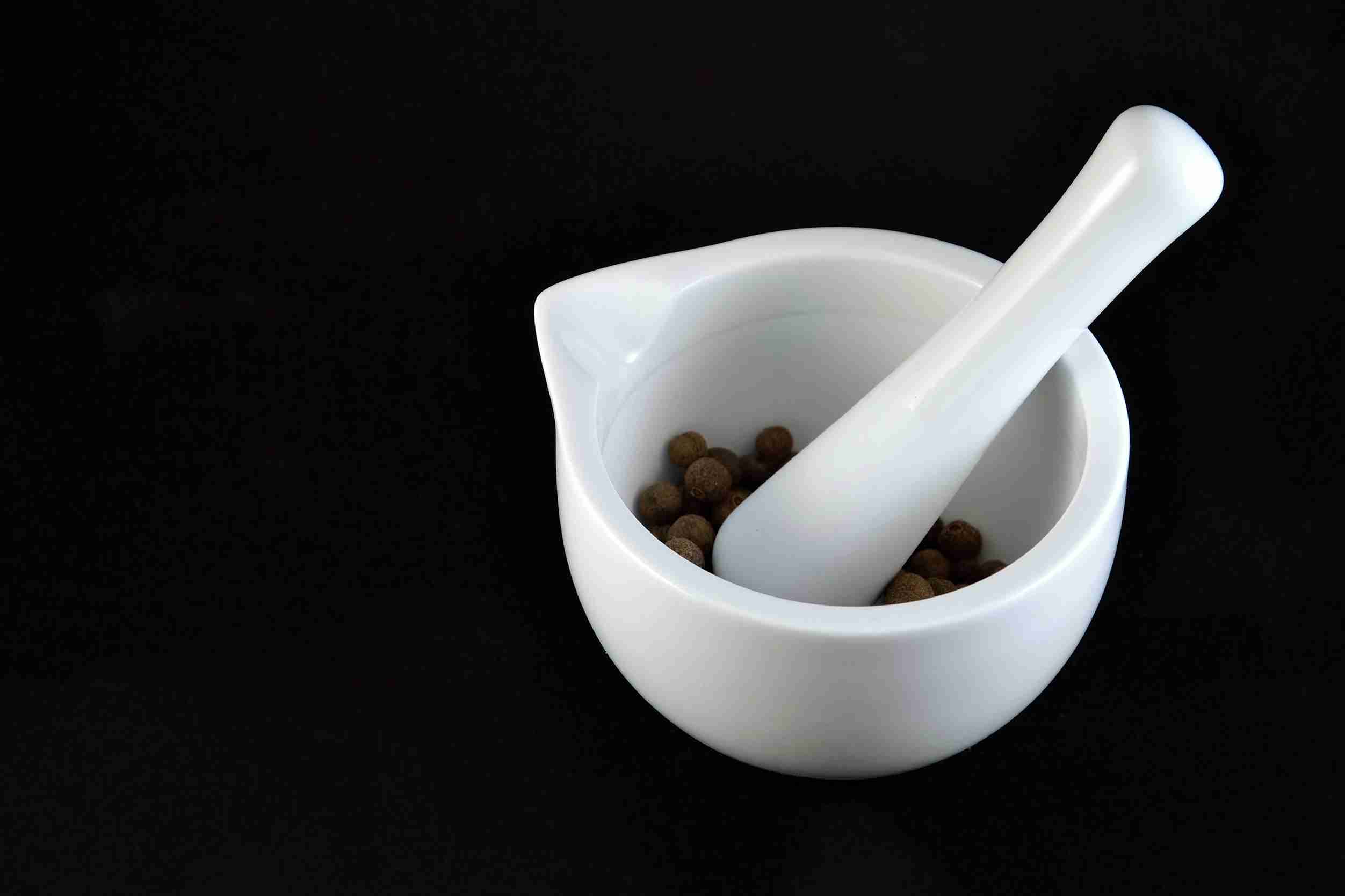
Pregnancy is a life-changing period when absolutely everything from lifestyle habits to the smallest additions in your diet is under intense scrutiny. For most women, ordinary kitchen staples such as spices suddenly become a cause for concern. Among them, black pepper during pregnancy sparks curiosity and mixed opinions. Used liberally in Indian kitchens, black pepper adds spice and flavour to dishes, but is it safe for pregnant women?
Let's discuss the health benefits, possible side effects and safe mode of intake of black pepper during pregnancy, including detailed instructions for early pregnancy and the first trimester.

Yes, black pepper is safe during pregnancy when taken in moderate amounts as part of your daily diet. It's full of antioxidants and has an active compound named piperine, which accounts for its medicinal value.
Some of the advantages of black pepper during pregnancy are:
● Aiding digestion
● Relieving slight nausea
● Working as a gentle decongestant
● Strengthening immunity
But, as with all things in pregnancy, in excess or in concentrated doses (such as oils or supplements), risks can develop.
Black pepper is more than just a spice enhancer; it has multiple wellness benefits, particularly helpful in pregnancy:
Hormones during pregnancy tend to slow down digestion. Black pepper increases the secretion of hydrochloric acid from the stomach, which allows for efficient digestion of food and avoids problems such as indigestion and gas.
Due to the high antioxidant content, the immune system is strengthened, an important line of defence during pregnancy when immunity is generally lower.
Black pepper is a natural decongestant. Added to warm milk or soups, it relieves colds, a common pregnancy complaint caused by hormonal fluctuations.
Black pepper increases the uptake of essential nutrients such as iron, calcium and selenium by enhancing their bioavailability, something especially useful during pregnancy when your nutritional requirements are greater.
For mild ones, a few grains of black pepper with lemon juice or herbal tea can ease nausea, especially in the first trimester.

During the first trimester, the digestive system is most sensitive. It is okay to take black pepper in early pregnancy in small amounts (as seasoning in food, for example), but with caution.
Pregnant women experiencing extreme nausea, heartburn or aversions to food should restrict their consumption. Spicy or peppery foods can exacerbate symptoms or bring on acid reflux in some individuals.
Though small quantities are helpful, excessive use can cause discomfort and some risks. The following are the effects of eating too much pepper during pregnancy:
● Acidity or Heartburn: Black pepper can irritate the stomach lining when consumed in excess.
● Risk of Uterine Contractions: Very high doses are rare and can stimulate uterine muscles.
● Dehydration: Drinking concentrated fluids like pepper tea leads to excessive loss of fluids.
● Worsened Haemorrhoids: Spicy foods irritate haemorrhoids, which usually occur in later pregnancy.
● Gastrointestinal Discomfort: Bloating, gas or loose stools are seen with excessive use.
However, black pepper essential oils or supplements should not be taken without a prescription from your healthcare provider.
To reap its advantages safely, try these mild methods of incorporating black pepper in your diet:
● Sprinkle very little overcooked vegetables, dals or khichdi.
● Add a pinch of turmeric to your milk or herbal teas for a boost to your immunity and digestion.
● Raw or excessively spicy food can cause acidity.
● Combine with ghee or cooling foods to counter the heat.

A maximum of 1–2 grams per day (about half a teaspoon) of ground black pepper is safe when taken with food. If you're not sure, talk to your doctor or prenatal nutritionist, particularly if you're susceptible to digestive upset or on other medications.
Similar to black pepper, other spices should also be consumed with caution during pregnancy. They are:
● Fenugreek (methi): Can cause uterine stimulation in excess amounts.
● Asafoetida (hing): Can cause inconsistent blood pressure and lead to gastrointestinal distress.
● Saffron: Helpful in small amounts, but excessive consumption can be risky.
● Ajwain (carom seeds): Can lead to uterine stimulation when used excessively.
Moderation and personal tolerance are essential; not all spices are bad for you, but it's always a good idea to be knowledgeable and seek a doctor's advice when unsure.
At Cloudnine, we realise that pregnancy is not just about food, but everything - the right food, the right spice, the right lifestyle. What sets us apart is our individualised approach to prenatal care. Our expert obstetricians, nutritionists and support team provide you with evidence-based care which is customised to meet your own special needs.
If you are unclear on whether to use black pepper during pregnancy or wish to create a trimester-based meal plan, Cloudnine will provide you with the correct information as well as empathetic advice. We integrate cutting-edge diagnostics, empathetic counselling and personalised care to develop a secure and tension-free pregnancy experience for each mother.

Black pepper, a humble spice, can be a helpful dietary addition during pregnancy, but only when used wisely. While it offers digestive and immune benefits, too much of it can lead to discomfort. Particularly during the first trimester, be mindful of how your body reacts to spicy foods.
With the right guidance and care from the healthcare professionals, such as those at Cloudnine, you can go through your pregnancy diet peacefully and easily, one pinch of pepper at a time.

Spices to be taken with caution are fenugreek, asafoetida (hing), saffron, ajwain and excessive amounts of black pepper. These should be used in moderation.

Yes, moderately, black pepper aids digestion, stimulates immunity and could relieve mild cold and nausea.

Yes, it's good in small amounts as it helps in digestion and nutrient uptake. Be careful not to overeat to avoid acidity or discomfort.

Yes, elaichi (cardamom) is safe and can be consumed to help with nausea and digestion during pregnancy when taken in small amounts.